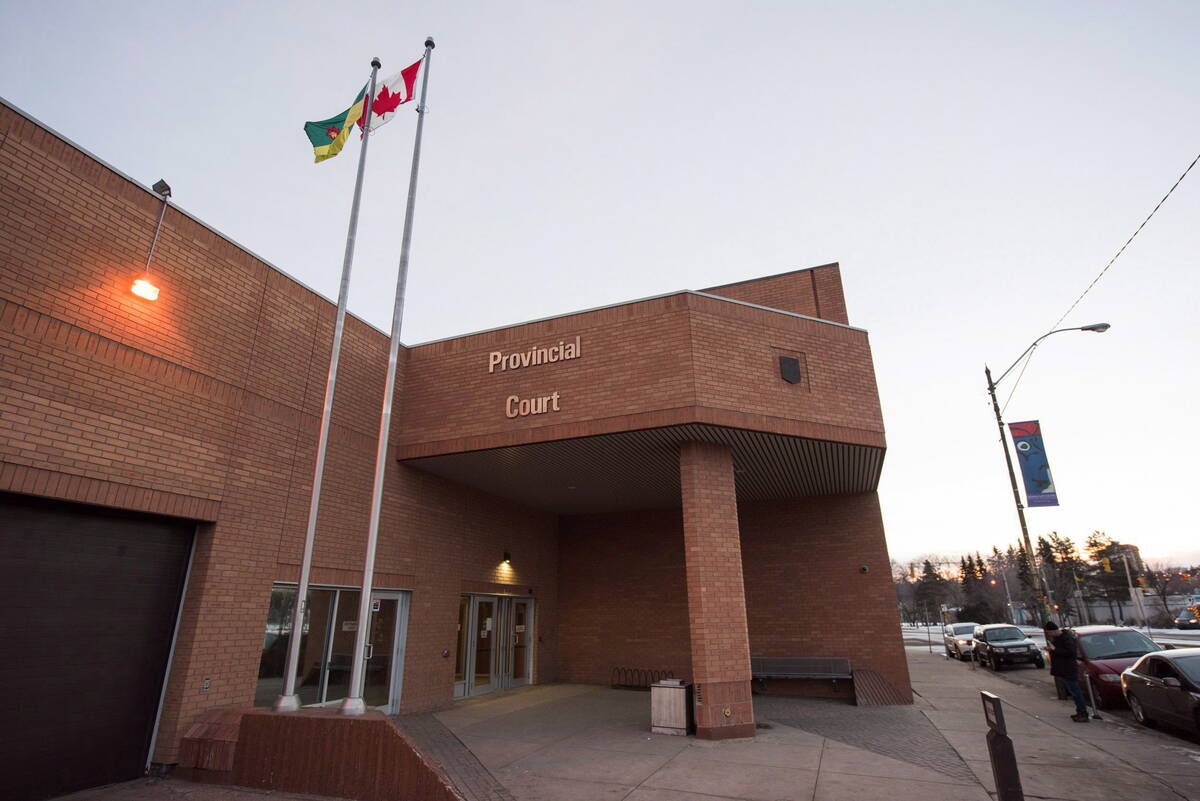Q: Last night I was told that a young couple that have been attending our church are separating and likely to get a divorce to end their marriage.
I did not see this coming. They are two very beautiful people. Had I known that their marriage was in trouble I would have done anything that I could have to help them figure things out and stay together.
But I missed it, just as I have missed seeing other marriages that stumble into the divorce courts.
Read Also

Understand limitation periods if considering civil suit
A limitation period refers to the amount of time a plaintiff has to commence a formal claim in court or lose their ability to pursue it.
How can you tell if a couple is in trouble? Are there some signals, or signs? Is there something for which I should be watching?
A: It’s possible that you do not want to see people go through the pain and sorrow that so often goes along with marital breakups so you do not see their problems even though they could be obvious.
Divorce is much more common in today’s world than it was not so long ago but it is still a tender moment in many people’s lives, and when we care about those people and realize that we can do little to help them ease their discomfort, our first option is to deny their realities. We don’t see their discomfort with each other, we don’t hear the sarcasm when they speak to each other and we don’t feel the emptiness we see when they walk down the corridor not holding each other’s hands. Denial is easier.
John Gottman, a social psychologist in the United States, claims that he can tell within a few moments whether a marriage is going to succeed. For Gottman, this is more than mere speculation. He studied marital relationships for years and through his observations and studies he has been able to identify some characteristics that are telltale signs about various marriages.
I am not going to go into all the variables Gottman found in his research, but he mentioned a couple of characteristics that are interesting.
The first is what he calls turning toward. In struggling marriages the two people involved actually spend little time in some sense of togetherness. They don’t look at each other when one or the other of them is talking. All of us drift off occasionally when the person whom we love is moaning on about something or the other that is not particularly interesting. That is OK. But when one or the other person in a relationship is drifting off to La La Land most of the time, chances are pretty good that the relationship will not last much longer. You can watch for this. Just look at two people together and figure out how often they actually look at each other or in some way acknowledge that they are together in this thing.
The second clue into the status of a marriage is found in the language he and she use when they are talking to each other. If they use the word “you” to excess, chances are they are in trouble. “You” is a blaming word. It is like someone is saying, “if it wasn’t for you, my life would be perfect.” The option is the word “I”. “I” means that I am taking responsibilities for my own behaviour. When I mess up, which all of us do, I acknowledge the problems that I probably have caused and work to resolve them without in any way hurting the other person. You can count them. Too many “you’s” and not enough “I’s” is likely a sign of someone whose marriage is in trouble.
Having said all of that, I hope that you do not start going around trying to “fix” those marriages that are clearly in trouble.
As long as people are within the parameters of our legal system and not physically or otherwise seriously hurting each other, what they do within their marriage is their business.
You can pray for them, or wish them well, but if you try to fix it, giving them advice that they do not want, you may be hurting them more than you are helping them. Think about it.
















